The Volkswagen Group is aiming to have solid-state batteries ready for production by 2030, having started testing the breakthrough technology in a Ducati motorbike.
The first Group prototype to use solid-state cells is based on the Italian bike maker’s V21L MotoE racer – but the cells are designed to transfer into cars with minimal changes once the technology is ready.
Solid-state batteries promise greater energy density – giving manufacturers greater flexibility to increase an EV's range within the same battery footprint or to reduce its weight with a smaller pack without sacrificing range – as well as faster charging speeds.
Officially, the decision to trial the technology in a bike was taken because of the additional performance it promises, with Ducati CEO Claudio Domenicali calling it a “perfect fit”.
Indeed, the significantly greater energy density of a solid-state battery compared with a conventional lithium ion battery could be key to resolving the weight, range and packaging problems faced by electric motorbike manufacturers.
But testing the technology in the V21L – in which the battery pack is a stressed part of the chassis, likely facing much greater forces than in an electric car’s 'skateboard' chassis – could also yield important findings in improving the durability of solid-state cells.
This has been a significant roadblock in their development thus far: natural chemical processes create cracks inside the ceramic electrolytes of solid-state cells and these can be exacerbated by external forces.
The Volkswagen Group said its battery-making spin-off PowerCo and solid-state battery company QuantumScape are working to develop a commercially viable solution by the end of this decade.
It added that this solution will be based around its Unified Cell, a new prismatic cell design that will first be used by the Electric Urban Car Family – the Cupra Raval, Skoda Epiq, Volkswagen ID Polo and Volkswagen ID Cross.
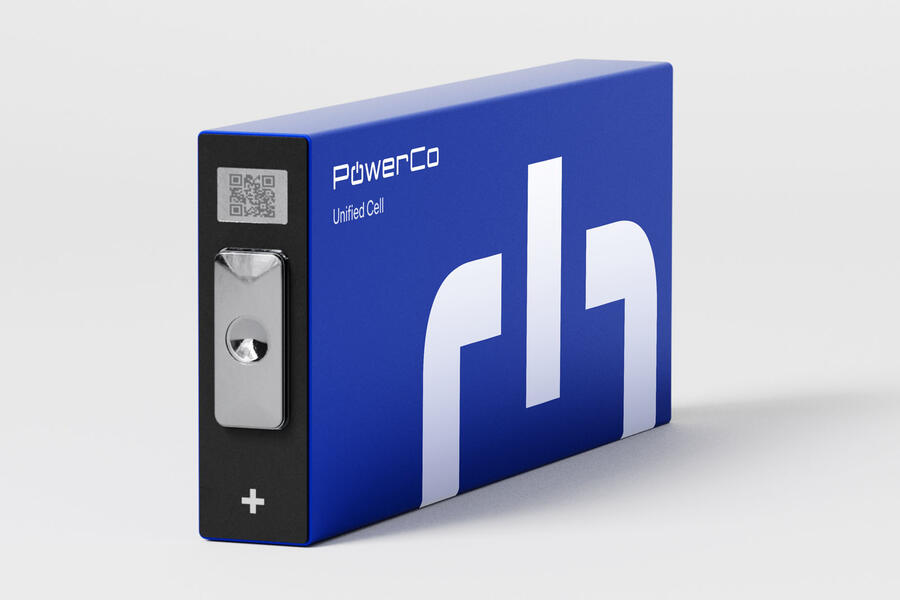
That would allow the solid-state cells to be swapped into existing models’ battery packs without significant modifications to the packs themselves.
The Unified Cell has been designed for use across 80% of the Group’s future electric models, suggesting a production car powered by solid-state cells could become available soon after the technology itself has been readied.

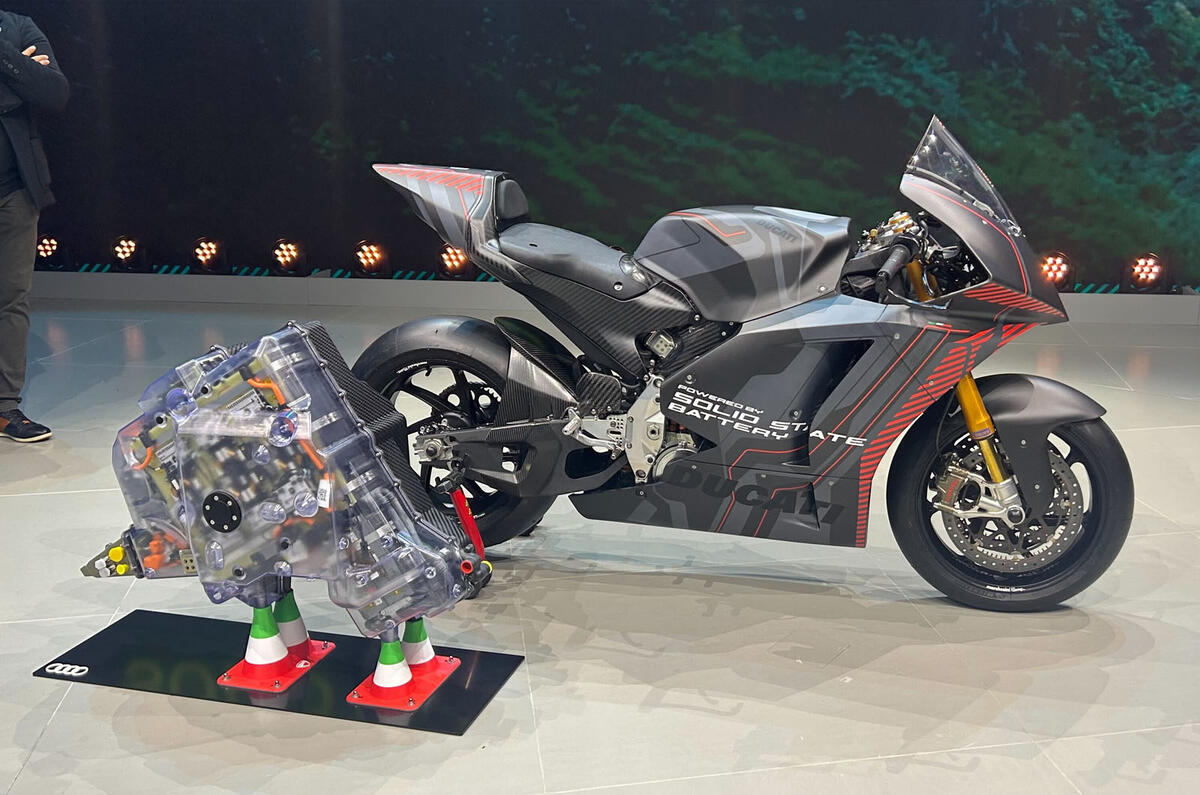
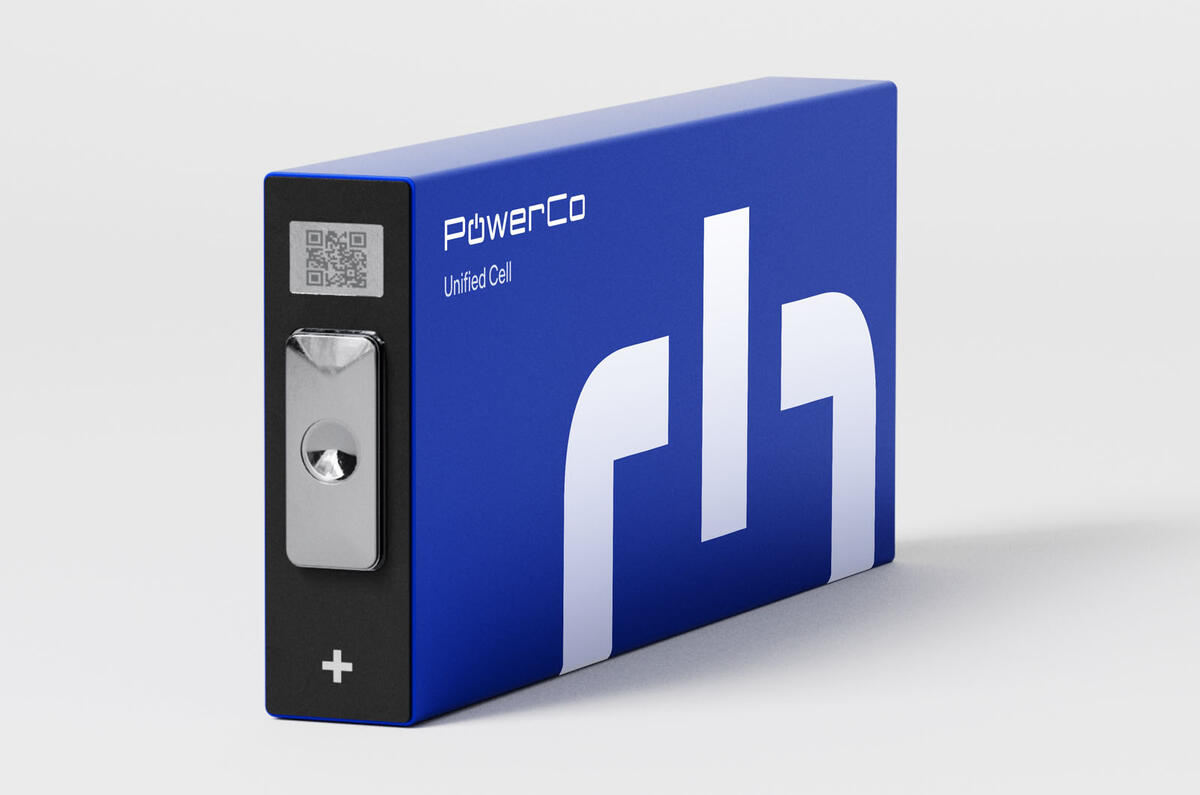
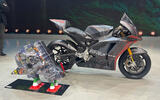
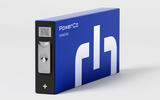





Join the debate
Add your comment
Solid state batteries appear to be forever '5 years from production'.